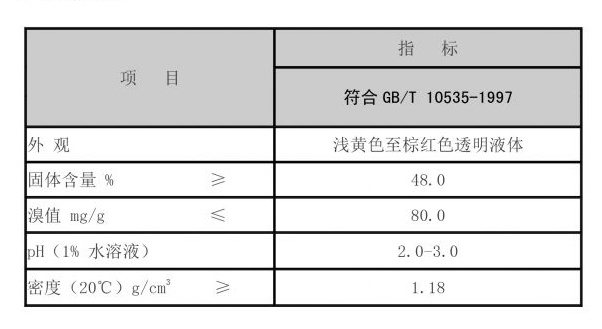Exploring the Applications and Benefits of Poly Aluminium Compounds in Water Treatment
The Importance and Applications of Poly Aluminium
Poly aluminium, often referred to as polyaluminium chloride (PAC), is a widely used coagulant in water treatment processes. Its chemical structure consists of polymers of aluminium salts bound together chemically, which gives it unique properties that are invaluable in various applications, especially in the field of water purification and industrial use.
Understanding Poly Aluminium
Polyaluminium chloride is a type of inorganic polymer that possesses both cationic and anionic properties, facilitating the effective removal of various impurities in water. Its formulation can vary based on the specific needs of water treatment processes, as manufacturers can adjust the degree of polymerization and aluminium content. This versatility makes PAC more efficient than traditional coagulants like aluminium sulfate.
Water Treatment Applications
One of the primary applications of poly aluminium is in the treatment of drinking water. It acts as a coagulant, helping to bind suspended particles and impurities such as silt, organic matter, and microorganisms, thereby facilitating their removal. This process significantly improves water clarity and quality, making it safer for human consumption. The use of PAC in municipal water treatment systems has gained traction due to its high efficacy at low dosages, which can reduce operational costs.
In addition to drinking water, PAC is also used in wastewater treatment facilities. It effectively removes impurities, including heavy metals and colloidal particles, from industrial and municipal effluents. This is particularly crucial in complying with environmental regulations, as clean effluent discharge is a legal requirement in many parts of the world.
Food Industry Applications
The food industry employs poly aluminium in various processes, including the treatment of water used in food processing. Clean water is vital for food safety, and PAC helps ensure that the water meets hygienic standards. Moreover, poly aluminium is utilized in the clarification of sugar solutions, ensuring the quality and safety of products such as juices and soft drinks.
poly aluminium

Benefits of Using Poly Aluminium
One of the notable benefits of using poly aluminium over traditional coagulants is its ability to perform effectively over a wide range of pH levels. While aluminium sulfate is most effective at a specific pH range, PAC maintains its coagulant properties across various conditions. This broad operational range means that it can be applied in diverse environments without substantial adjustments.
Additionally, poly aluminium exhibits rapid coagulation and sedimentation rates, which enhances the efficiency of water treatment processes. The formation of larger and more stable flocs during coagulation ensures that impurities are removed more effectively, resulting in clearer and cleaner treated water within shorter time frames. This efficiency is a significant advantage for facilities looking to optimize their processes and reduce treatment times.
Health and Environmental Considerations
Polyaluminium is generally considered safe for use in potable water applications. However, as with any chemical treatment, there are considerations regarding the residual aluminium levels in treated water. Regulatory agencies often monitor these levels to ensure compliance with health standards. Nevertheless, PAC generally produces lower residual aluminium compared to traditional coagulants, which is beneficial for both health and environmental safety.
Furthermore, poly aluminium is seen as an environmentally friendly option due to its reduced chemical usage and lower sludge production compared to other coagulants. This aspect is crucial as wastewater treatment plants strive to minimize their ecological footprints.
Conclusion
In conclusion, poly aluminium is a vital component in modern water treatment processes, offering numerous benefits in terms of efficiency, safety, and environmental impact. As water quality standards become increasingly stringent and the demand for clean water rises globally, the role of PAC will continue to grow. Its versatility in various applications—from municipal water treatment to food processing—illustrates its importance in supporting public health and environmental sustainability. As research and technology advance, further innovations in poly aluminium formulations could make it an even more effective tool in achieving clean and safe water for all.
-
Water Treatment with Flocculant Water TreatmentNewsJun.12,2025
-
Polymaleic AnhydrideNewsJun.12,2025
-
Polyaspartic AcidNewsJun.12,2025
-
Enhance Industrial Processes with IsothiazolinonesNewsJun.12,2025
-
Enhance Industrial Processes with PBTCA SolutionsNewsJun.12,2025
-
Dodecyldimethylbenzylammonium Chloride SolutionsNewsJun.12,2025





